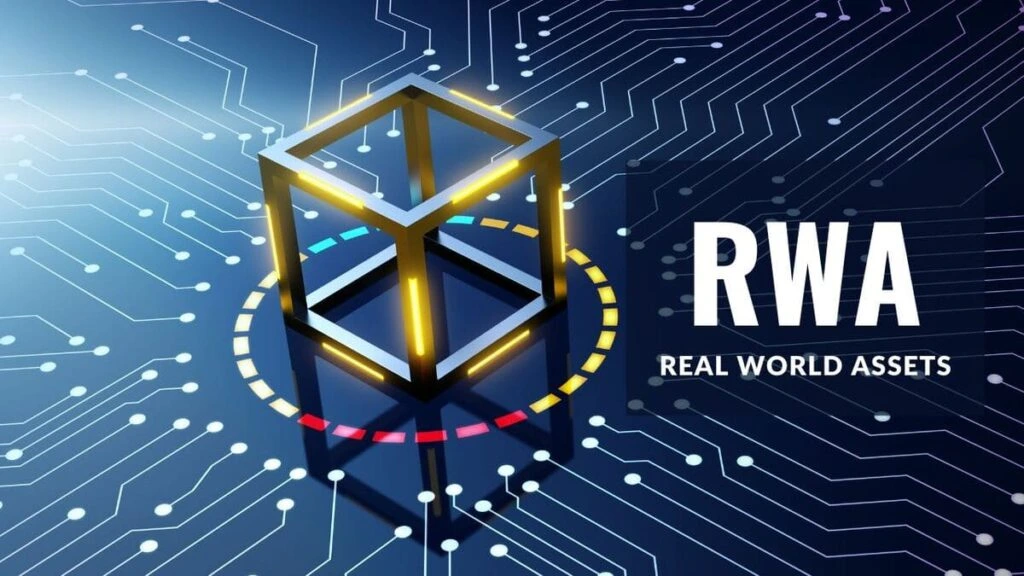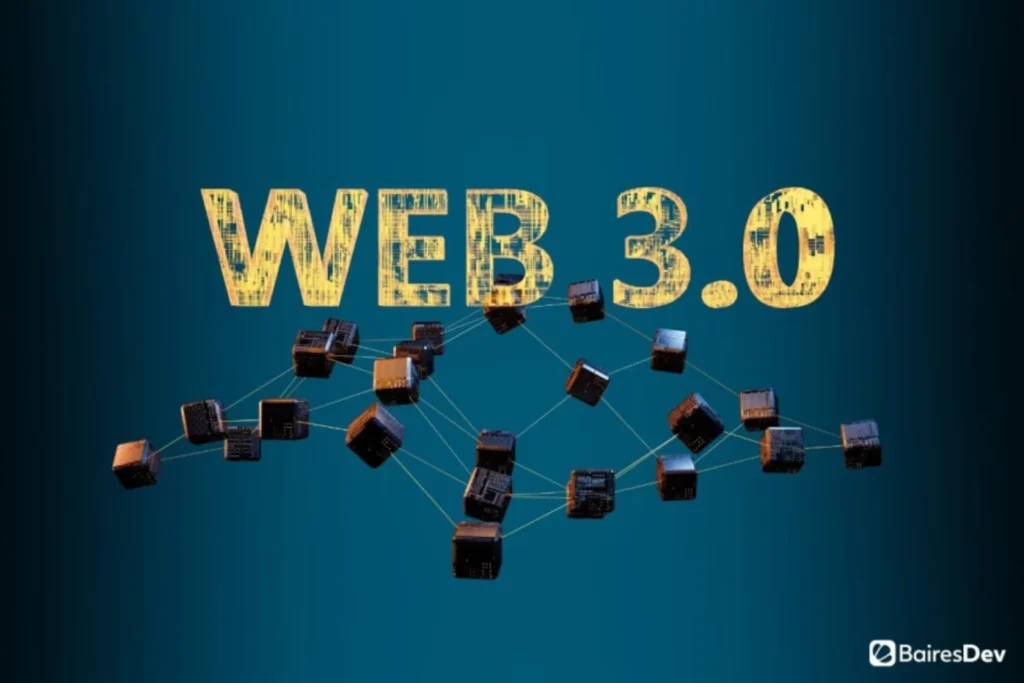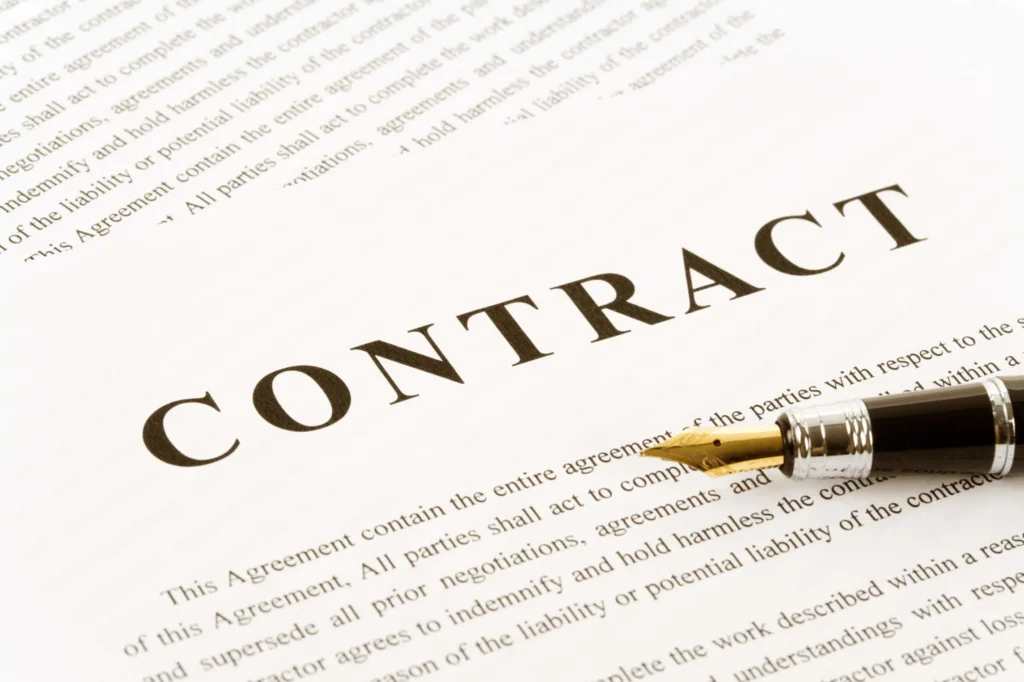How Companies Tap Corporate RWA to Raise Capital in the Real World
Let’s not kid ourselves—corporate RWA sounds like one of those overly engineered finance acronyms that only gets tossed around at crypto panels and fintech mixers. But here’s the thing: behind the dry name lies one of the most underrated disruptions in business finance. If you’re not paying attention yet, you should be.
We’re watching a major shift where companies are taking real-world assets—yeah, the boring stuff like buildings, machinery, or unpaid invoices—and turning them into digital assets on the blockchain. And no, this isn’t some pie-in-the-sky Web3 fantasy. It’s happening right now. Quietly. Effectively.


What Even Is Corporate RWA—and Why It Matters
So here’s the basic deal: RWA stands for Real-World Assets. Think real estate, loan agreements, receivables, that sort of thing. Stuff that’s historically locked up in slow, paper-based processes. When companies start tokenizing these assets—digitizing them and putting them on-chain—that’s where things get interesting.
Put the word corporate in front, and now we’re talking about businesses, not just individual DeFi nerds, using these tools to raise funds or unlock liquidity. It’s like giving traditional finance a high-speed rail upgrade.
Why wait months for a bank loan when you can tokenize part of your receivables and raise money in a few clicks from global investors? This isn’t just efficiency—it’s financial evolution.


Tokenization: Not Just Hype—It’s a Funding Shortcut
Let’s get real here. Banks are slow. VCs take forever. And raising funds? Still a game of who you know and how well you pitch. But corporate RWA changes that equation.
Imagine a manufacturing firm sitting on $10 million in equipment. In the old world, that’s just deadweight on the balance sheet. In the new world? Tokenize it. List it. Use it as on-chain collateral or even fractionalize ownership to raise funds from a pool of DeFi investors.
No gatekeepers. No months of back-and-forth. Just a direct line to capital—often faster and more transparent than traditional routes.
And let’s be honest, transparency alone is a revolution. With smart contracts automating everything from repayment to reporting, you’ve suddenly got an ecosystem where everyone sees the same data, in real-time.


Who’s Actually Using Corporate RWA? More Than You’d Think.
Sure, the Fortune 500 isn’t all in just yet. But plenty of forward-thinking sectors are already putting this into play:
- Real estate developers are tokenizing properties to raise capital without giving up control.
- Logistics companies are turning unpaid invoices into immediate liquidity.
- Fintech startups are building portfolios of tokenized debt that can be sold, traded, or staked.
These are not just blockchain bros. These are real companies solving real financial bottlenecks.
And let me tell you—when traditional finance feels like it’s stuck in 2005, corporate RWA feels like a necessary leap.
Yeah, There Are Risks. Lots of ’Em.
Look, I’m not here to sell you utopia. This space is still a bit wild.
- Legal clarity? Spotty at best.
- Regulatory frameworks? Half-baked in many countries.
- Tech stability? We’ve all seen what happens when smart contracts go rogue or platforms get hacked.
Oh, and don’t assume every tokenized asset is backed by legally binding rights. Some of this stuff still operates in murky legal waters—and if things go south, investors might be left holding digital dust.
But guess what? Risk is part of innovation. And if companies are willing to navigate that uncertainty with the right advisors and partners, they can unlock serious advantages.

Is This the Future of Corporate Finance? It Just Might Be.
Let’s put it this way: if you’re a capital-heavy company and you’re not exploring corporate RWA, you’re probably leaving money on the table.
No, it’s not a silver bullet. And no, it won’t work for every business. But for companies caught between slow banks and expensive capital markets, this could be a genuine game-changer.
The financial world is shifting—less Wall Street, more global liquidity, powered by code instead of contracts. Corporate RWA might be one of the most realistic bridges between the old and the new.
So don’t write this off as crypto fluff. The smart companies? They’re already moving. The rest will catch up later—or get left behind.
Relevant Link : Here




